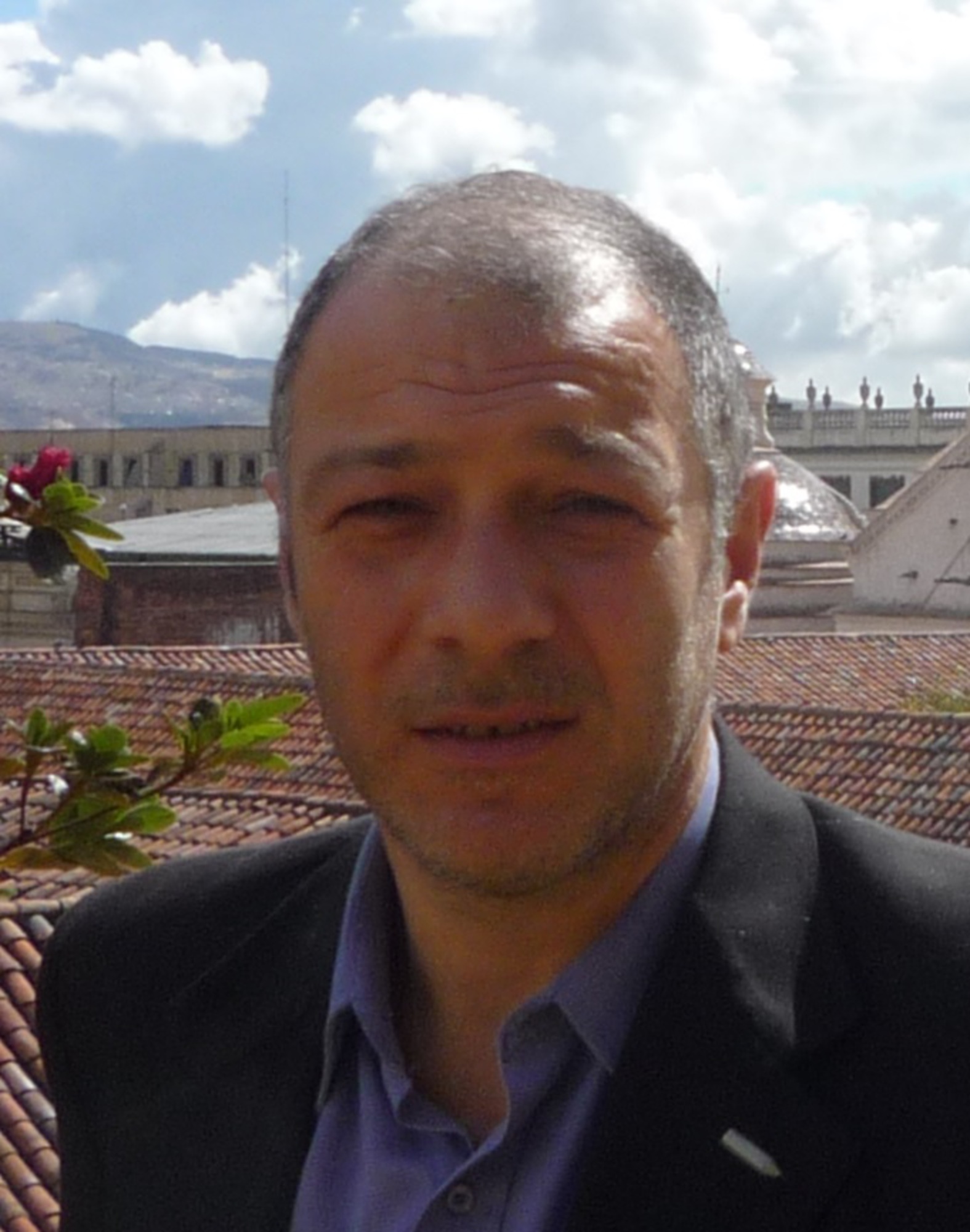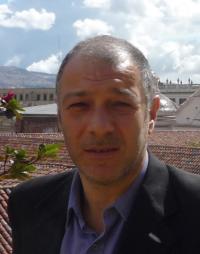We got to work actively with the dilemmas of present time

Stáhnout obrázek
Rubén Chababo, who was born on 23 February 1962, is a professor of the National university in Rosario, where he teaches a seminar specialising at the human rights and memory. Further he is active at the Rosario university of cultural studies, holds a post of a director of the Rosario Philosophical Faculty Publishing, a member of the consultation board of the Columbian National Centre of the Historical Memory in Bogota and from the position of the main human rights coordinator at the Rosario Town Hall is active in public politics. On the issue of current historical memory and related dilemmas had lectures at various universities in Argentina and abroad. In 2002 - 2014 held a post of the director of the Memory Museum in Rosario, one of the first museum institutions of its kind in Argentina.

